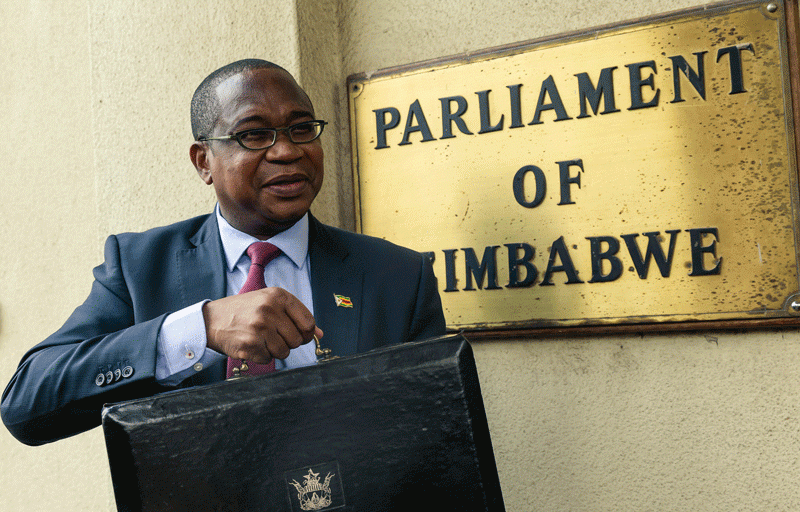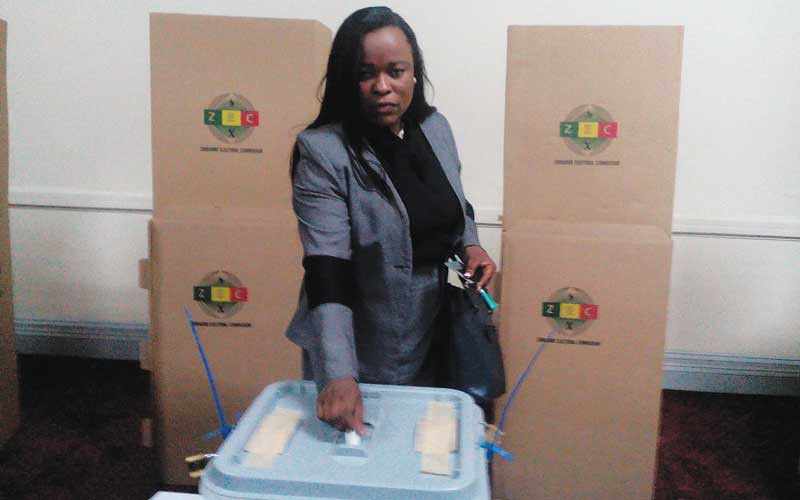
BUDGETS are powerful tools for shaping the development trajectory of a nation.
They play a crucial role in addressing the unique needs and challenges faced by different communities.
Ensuring that budgets are sustainable, inclusive, and gender-responsive is essential for promoting equitable development and social progress.
The point below outlines budget consultation guidelines for communities and highlights key considerations for local councils and Members of Parliament (MPs) to create budgets that advance sustainability, gender mainstreaming and inclusivity.
Community budget consultation guidelines
Identify priorities and needs: The first step for communities is to identify their most pressing priorities and needs.
Communities must have a clear understanding of what they require for sustainable development.
Quantify budget asks: To make budget requests more actionable, communities should quantify their financial needs.
- Interview: ‘Zim committed to tackling climate change’
- Finance minister reminded of PWDs
- Tackling climate change in infrastructure development
- New perspectives: Impact of tax policy on gender equality
Keep Reading
Provide a detailed breakdown of how the requested funds will be allocated to specific projects or initiatives.
Clarity in financial requests enhances transparency.
Link to sustainable development goals (SDGs): Sustainable development is a global imperative, and communities should demonstrate how their proposed projects align with the SDGs. They should emphasise the long-term impact and sustainability of these projects to garner support.
Gender analysis: Budget requests should address the specific needs and concerns of women, men, girls, and boys.
Highlighting the gender dimension is vital for gender mainstreaming.
Inclusivity: Ensure that marginalised groups, such as persons with disabilities, youth, and vulnerable populations, are considered in budget requests.
Highlight how inclusivity is woven into the proposed projects and their benefits.
Community engagement: It is essential to demonstrate community support and engagement in the proposals. Gather signatures, endorsements, or letters of support from community members to validate the budget requests.
Considerations for local councils and MPs
Transparency: Local councils and MPs should maintain transparency throughout the budget consultation process.
Share information about the budget process, timelines, and opportunities for community input.
Gender-mainstreaming: Integrate gender perspectives into the budgeting process. Ensure that women’s and men’s needs and priorities are equally considered and that gender disparities are addressed.
Inclusivity: Prioritise budget allocations that address the needs of marginalised groups and vulnerable populations.
Their participation in decision-making and access to resources should be promoted.
Sustainability: Evaluate budget requests based on their long-term sustainability and environmental impact.
Investments that align with Zimbabwe’s development goals (NDS1) and promote sustainability (SDGs) should be given priority.
Budget justification: Request detailed justifications for budget asks, including expected outcomes, timelines, and how they contribute to the well-being of the community.
A robust rationale ensures efficient resource allocation.
Monitoring and evaluation: Establish mechanisms for monitoring and evaluating the implementation of budget allocations.
This ensures accountability and enables adjustments based on performance.
Public feedback: Provide opportunities for public feedback and consultation on the proposed budget allocations before final approval.
Engaging with communities helps build trust and ensures their needs are considered.
Capacity building: Invest in capacity building for local councils and MPs to enhance their understanding of sustainability, gender mainstreaming, and inclusivity in budgeting. This empowers them to make informed decisions.
Review and adapt: Regularly review and adapt budget guidelines and processes to reflect changing community needs and evolving national priorities. Flexibility is key to effective budgeting.
The budgeting process should be inclusive, sustainable, and responsive to gender disparities.
The strategies outlined here provide a guide for communities to present their budget asks and for local councils and MPs to consider these requests thoughtfully.
By adhering to these principles, Zimbabwe can move closer to achieving equitable development and improving the quality of life for all its citizens.
Budgets that prioritise sustainability, gender mainstreaming, and inclusivity can be a powerful catalyst for positive change in the nation. - Zimbabwe Coalition on Debt and Development











